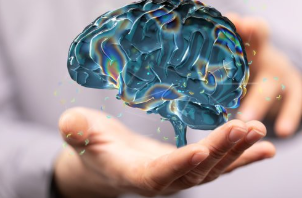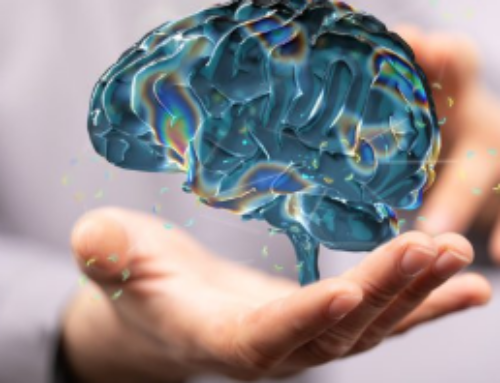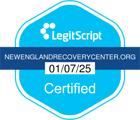It’s not uncommon for people who struggle with drug or alcohol addiction to also suffer from an eating disorder. We call it a co-occurring disorder, and Demi Lovato, actress, and singer, is help spreading awareness after her own experiences with both diseases.
On Ashley Graham’s podcast, Pretty Big Deal, Lovato opened up about how her 2018 drug relapse was sparked by her unresolved eating disorder (https://www.youtube.com/watch?time_continue=2&v=Z9mqc4ou8Cc&feature=emb_title)
“I honestly think that’s kind of what led to everything happening over the past year was just me thinking I found recovery when I didn’t, and then living this kind of lie and trying to tell the world I was happy with myself when I really wasn’t,” she told Graham.
How Common Are Co-Occurring Disorders?
According to the National Eating Disorders Association, 50% of people struggling with an eating disorder also struggle with illicit drug or alcohol use, which is five times higher than the general population (1). On the flip side, 35% of people with substance use disorders (SUDs) also struggle with an eating disorder, which is 11 times higher than the general population.
Why is this? Well, eating disorders and SUDs share a lot of commonalities in origin and brain chemistry. Both diseases can stem from family history, social pressures, low self-esteem, and untreated anxiety and depression. Eating disorders and SUDS both exhibit characteristics of compulsive behavior, social isolation, and a higher risk for suicide or accidental death.
For Lovato, she shared that her family history of addiction, as well as the intense pressure of being a celebrity, fueled both her drug use and eating disorder. Additionally, she shared on Ellen that she wasn’t getting the holistic help that she needed, help that would treat both her eating disorder and her addiction (2). Without addressing both diseases, relapse was inevitable.
“My bulimia got really bad and I asked for help and I didn’t receive the help that I needed,” Lovato said on Ellen. “So, I was stuck in this unhappy position. Here I am sober and I’m thinking to myself, ‘I’m six years sober, but I’m miserable. I’m even more miserable than I was when I was drinking. Why am I sober?'”
How Can Co-Occurring Disorders Be Identified?
Identifying co-occurring disorders is crucial to treating any number of mental health problems. According to Dr. Romas Buivydas, our VP of Clinical Development: “If we recognize the widespread nature of co-occurring mental disorders, the first step in identifying these disorders is to establish universal screening for mental disorders in our substance use disorder programs. This means providing mental health screening in all settings in which addiction treatment is provided, including outpatient and residential treatment programs, detoxification programs, crisis stabilization units, and jails and prisons.”
When seeking treatment for either addiction or an eating disorder, it’s important to find a facility with a comprehensive continuum of care and a commitment to treating you as a whole person, not just one aspect of you. The ideal treatment center can help identify and treat both eating disorders and substance use disorders, and help you establish the necessary foundation for a healthy lifestyle.
If you or a loved one is struggling with addiction and mental health issues, The New England Recovery Center is here to help. Call us today at 1-877-MyRehab and speak to a counselor.
- https://www.nationaleatingdisorders.org/substance-abuse-and-eating-disorders
- https://www.teenvogue.com/story/demi-lovato-eating-disorder-relapse











